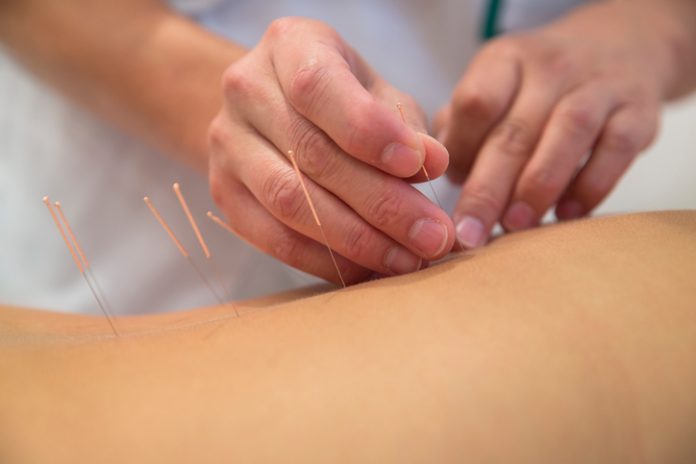According to researchers at Wake Forest Baptist Medical Center, acupuncture treatments can reduce the number of hot flashes and night sweats that menopausal patients experience. The year-long study, funded by the National Institutes of Health, was comprised of 209 women from ages 45 to 60 who had not had a menstrual period for at least three months and had at least four hot flashes or night sweats per day.
The participants received a baseline assessment and were randomly assigned to one of two groups. The first received acupuncture treatments during the first six months of the study, but did not undergo them for the second six months. Conversely, the second group did not receive any acupuncture during the first six months, but did for the duration of the study.
After six months, the first group reported an average 36.7 per cent decline in the frequency of their hot flashes. After a year, the benefits persevered, with the group members maintaining an average 29.4 per cent reduction in symptoms.
On the other hand, the second group reported a 6 per cent increase in symptom frequency during the first six months, but saw an average 31 per cent reduction in their symptoms after receiving acupuncture.
“Although acupuncture does not work for every woman, our study showed that, on average, acupuncture effectively reduced the frequency of hot flashes and results were maintained for six months after the treatments stopped,” says Nancy Avis, Ph.D., professor of public health sciences at Wake Forest Baptist and lead author of the study.
“There are a number of non-hormonal options for treating hot flashes and night sweats that are available to women,” she adds. “None of these options seem to work for everyone, but our study showed that acupuncture from a licensed acupuncturist can help some women without any side effects. Our study also showed that the maximum benefit occurred after about eight treatments.”
Avis cautions that these benefits could also be due to outside factors to the study, like any additional care and attention received by the participants. Moreover, she says, additional research is needed to identify individual differences in response to acupuncture.









